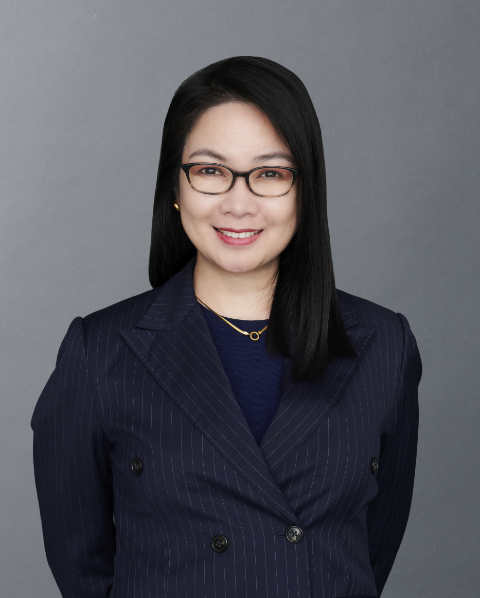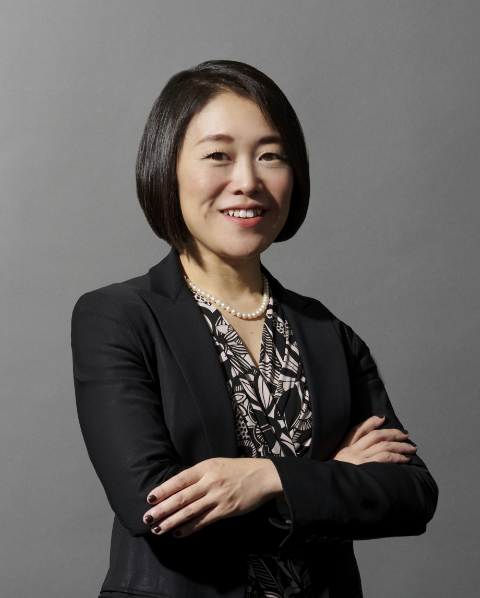【JCAA Webinar Recap】New Tools, Sharper Teeth: Interim Measures Under Japan’s Amended Arbitration Act and JCAA Rules – with Lessons from Singapore and Hong Kong
New Tools, Sharper Teeth: Interim Measures Under Japan’s Amended Arbitration Act and JCAA Rules
– with Lessons from Singapore and Hong Kong
Tokyo International Law Office and TKI (Singapore) LLP, in partnership with the Japan Commercial Arbitration Association (JCAA), held a webinar addressing one of the most dynamic and practical aspects of international arbitration today: interim measures. Titled “New Legal Tools Under Japan’s Revised Arbitration Law and JCAA Rules — Insights from Practice in Singapore and Hong Kong,” the session explored recent legislative reforms in Japan, comparative jurisdictional practices, and practical implications for international practitioners and businesses.
The panel, composed of Koki Yamada, Earl Rivera-Dolera, and Haruka Matsumoto brought a wealth of experience from cross-border dispute resolution, offering strategic insights into how interim relief measures can be effectively utilized in arbitration.
Legal Reform: Japan’s Arbitration Act Amendments
The highlight of the session was Japan’s 2023 revision of its Arbitration Act, effective April 2024. These changes were designed to bring the Japanese arbitration framework in line with international standards, specifically the 2006 UNCITRAL Model Law. As explained by Mr. Koki Yamada, one of the most transformative changes is the enforceability of interim measures ordered by arbitral tribunals.
Previously, Japanese arbitration lacked legal teeth when it came to interim relief. Tribunals could issue interim orders, but these relied entirely on voluntary compliance, rendering them ineffective. With the amendment, arbitral tribunals can now issue enforceable interim measures such as injunctions, asset freezes, and evidence preservation orders, backed by Japanese courts.
Examples include:
- Prohibiting the transfer of key assets abroad during arbitration.
- Forcing the preservation of potentially destructive electronic data.
- Preventing either party from undermining the arbitrator’s jurisdiction by filing in domestic courts (anti-suit injunctions).
These changes substantially enhance the practical value of arbitration seated in Japan, especially when urgent, pre-award protection is necessary.
From Orders to Enforcement: The Role of Japanese Courts
Ms. Haruka Matsumoto delved into the implementation mechanisms behind the amendments. Interim relief issued by tribunals can now be converted into court-enforceable decisions through an "enforcement order" process under Articles 47 to 49 of the revised Arbitration Act.
If a party breaches an interim order, Japanese courts can impose monetary penalties via “violation payment orders” and facilitate asset attachment or other enforcement actions. This court-backed enforcement system significantly strengthens compliance and deters bad-faith conduct on the party being enjoined.
Ms. Matsumoto also introduced the Tokyo District Court's Business Court, launched in 2022 as Japan’s first dedicated forum for business and international commercial disputes. With specialized judges, bilingual support, virtual hearings, and procedural transparency, this court has embraced a “supportive but non-intrusive” role in arbitration.
Notably, the Business Court:
- Handles all arbitration-related matters filed with Tokyo District Court
- Applies New York Convention standards.
- Ensures fast-track hearings and predictable decision-making, particularly in cases involving foreign parties or urgent measures.
This synergy between tribunal and judiciary affirms Japan’s message as a modern and arbitration-friendly jurisdiction.
Lessons from Abroad: Singapore and Hong Kong as Comparative Models
Ms. Earl Rivera-Dolera, who had been appointed as arbitrator under the JCAA Rules, offered a deep comparative analysis of emergency arbitration in Singapore and Hong Kong — two leading hubs of international arbitration.
Singapore’s SIAC Framework:
- Under the 2016 SIAC Rules, ex parte (unilateral) relief was not permitted — all parties had to be notified.
- However, with the SIAC 2025 Rules, the introduction of Protective Preliminary Orders (PPOs) allows for limited ex parte relief in urgent situations.
- Singaporean courts have actively supported enforcement of emergency arbitrator awards, including foreign-seated arbitrations which confirmed that emergency awards are enforceable as foreign arbitral awards under the International Arbitration Act.
Hong Kong’s HKIAC Framework:
- The HKIAC Rules continue to prohibit ex parte relief by emergency arbitrators.
- Courts in Hong Kong retain the discretion to issue such orders independently, offering an alternative when speed and secrecy are crucial.
- Through Sections 22A and 22B of the Hong Kong Arbitration Ordinance, emergency relief granted by arbitral tribunals, even those seated outside Hong Kong, can be enforced with court approval.
- The landmark case Company A v Company C showcased the Hong Kong courts’ readiness to enforce tribunal-ordered interim relief when it is in aid of a foreign arbitration and necessary to preserve the status quo.
In both jurisdictions, domestic courts act as effective guardians of interim measures, reinforcing arbitral authority while minimizing judicial overreach. Ms. Rivera-Dolera emphasized the strategic considerations in choosing between tribunal-ordered relief and court-ordered interim measures — such as the urgency of the request, asset location, and the importance of secrecy.
Elevating JCAA Arbitration: Strategic and Practical Advantages
The webinar also served as a compelling case for why Japanese parties and increasingly, foreign entities should consider arbitration under the JCAA rules. JCAA offers:
- Cost-effective arbitration.
- Efficient timelines. JCAA was the first to introduce 3-month arbitrations.
Furthermore, JCAA’s emergency arbitrator provisions, in place since 2014, are now more powerful than ever. With court-backed enforcement available through the 2024 Arbitration Act, interim relief under the JCAA rules is not just a symbolic gesture but a practical enforcement mechanism.
Illustrative Scenario: Bridging Theory and Practice
A key highlight of the session was a scenario demonstrating how JCAA emergency relief would play out under the new legal framework:
- A Japanese claimant learns an offshore counterparty intends to destroy vital evidence.
- The claimant petitions JCAA for emergency relief.
- An emergency arbitrator is appointed within two business days and issues an order within two weeks.
- The claimant then files with a Japanese court to enforce the order, which grants approval and issues a penalty order.
- Finally, the claimant freezes assets held by the respondent with another Japan-domiciled company.
This end-to-end illustration reflected the new legal ecosystem in action, fast, enforceable, and jurisdictionally integrated.
Conclusion: A New Chapter for Japan-seated Arbitrations
The webinar concluded with an optimistic outlook for Japan’s role in the global arbitration landscape. With recent legislative reforms, institutional support from the JCAA, and a court system that understands and supports arbitration, Japan has carved a credible and compelling niche in Asia’s dispute resolution market.
For legal professionals, in-house counsel, and businesses engaged in cross-border contracts, Japan, as an arbitration seat, now offers:
- Enforceable interim relief options.
- Neutral, expert arbitrators under the JCAA.
- An arbitration-friendly judiciary anchored by the Tokyo Business Court.
As international disputes continue to grow in complexity and scope, interim measures will remain indispensable tools for effective risk mitigation. Japan is not only keeping pace, it's emerging as a strategic choice for arbitration seat.
*This newsletter is provided for educational and informational purposes only, and is not intended and should not be construed as legal or tax advice.
For more information and questions regarding this column, reach out to us.

Tokyo International Law Office/
TKI (Singapore) LLP
E-mail: koki.yamada@tkilaw.com

TKI (Singapore) LLP
E-mail: earl.dolera@tkilaw.com

Tokyo International Law Office
E-mail: haruka.matsumoto@tkilaw.com

